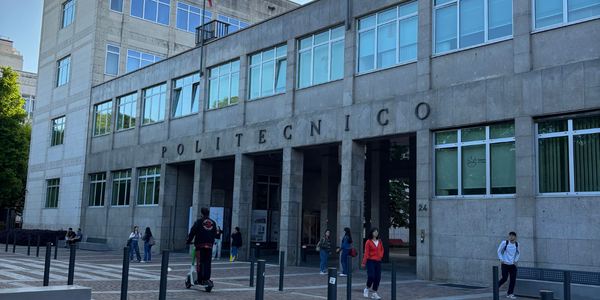Not so long ago, I prepared myself for my semester abroad in Korea: The anticipation was great, some things had to be planned and I tried not to forget anything important. If I were to look back now to give future exchange students a few important tips, they would be the following 14 points.
1. How important contact with former exchange students is
During the preparations for a semester abroad, a number of questions usually arise that can often only be answered by someone who has already studied at your university abroad. These returning students are a very valuable source of information, I would almost say the very best! They know exactly what it's like to live in your destination country, what challenges there are and can certainly give you lots of tips. For example, I was able to meet a student who had studied at the same university in South Korea the year before me. Over a coffee, he told me about his experiences and explained many things specific to this university, for example how the courses are usually held or how exams are usually conducted. So if there is one piece of advice you should take away from this blog post, it would be that you should definitely seek contact with returning exchange students.
Student experience reports are published in the TU4U intranet and students also have the option of leaving their contact details there. For the OverSEAs exchange program, for example, you can find these on the TU4U subpage of the partner universities, in this case for Pohang University of Science and Technology".
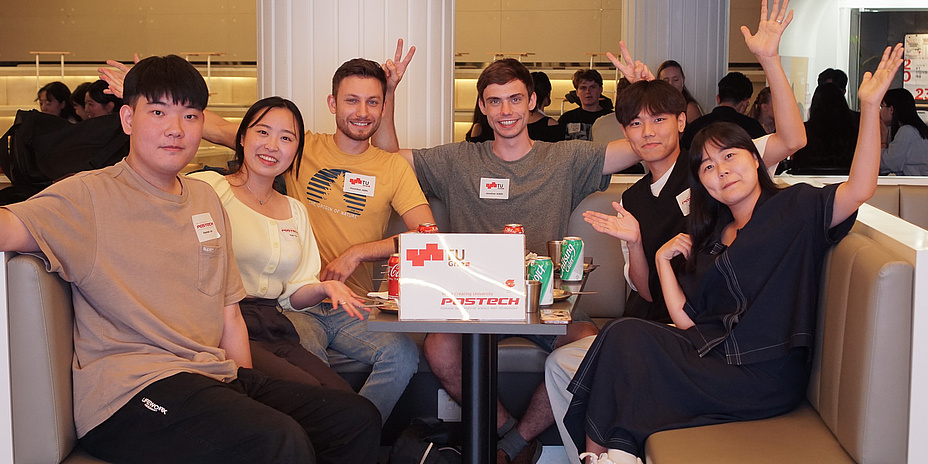
2. Go abroad together with other TU students
In addition to students who have already been abroad, it is also super helpful to make contact with other students who are planning a semester abroad at the same university at the same time. This is because these students often have similar questions and problems during the preparation period as you do. That's how I got to know Jona, a software development student at TU Graz. In the time before the exchange, we talked about whether the other student had already received feedback from the host university or whether everything had worked out when applying for the visa or whether any problems had arisen. Getting everything sorted during the preparation period can be stressful, so a chat with another person who is in the same situation as you can be very reassuring and provide social support from time to time. It's also great to know someone when you finally arrive in your destination country.
The International Office - Welcome Center also supports networking among nominated students. On the one hand by setting up groups on messenger apps, on the other hand through the so-called "IN&OUT Event", where future exchange students meet former outgoing students as well as exchange students currently studying at TU Graz.
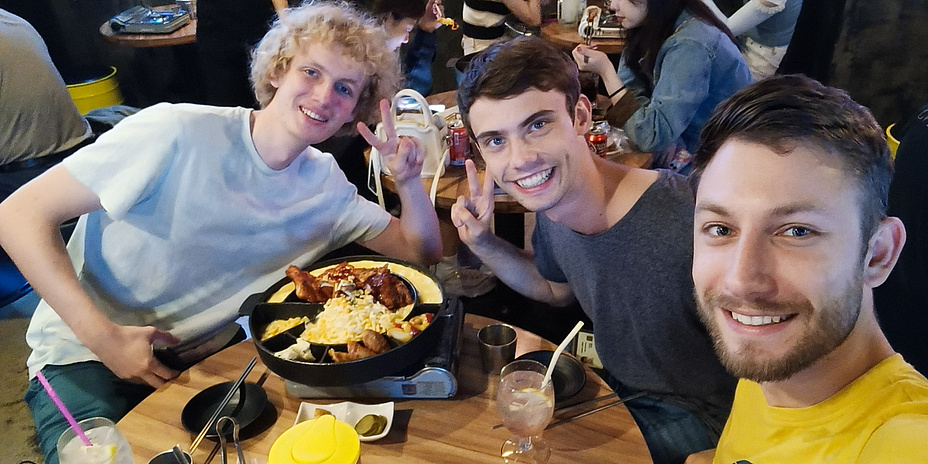
3. That you don't have to worry about making new friends
This may be a very individual concern, but I can speak from experience when I say that you get to know a lot of new people very quickly at university, and these acquaintances will develop into real friendships in a short period of time if you are open to it! This works particularly well if the host university organizes something like a "Welcome Week", during which administrative matters are discussed, but also events and activities take place where all the other new exchange students get to know each other. This week is definitely not to be missed!
Another good way to make friends is to live in a student hall of residence or a shared flat. You will see your flatmates or room neighbours regularly depending on the situation and if you also gossip, cook or play games together, you no longer have to worry about loneliness.
If you missed the Welcome Week and don't live in a shared flat or student hall of residence, you can also make new friends in courses at the university. This works particularly well in smaller courses with fewer participants or in courses where group work is done. This is a very good way to get in touch with other students and get to know each other better beyond the course.
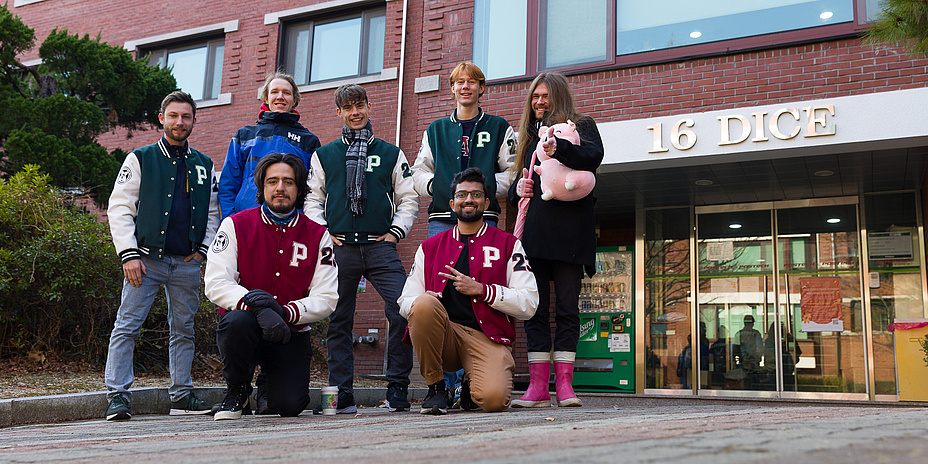
4. Know the peculiarities of the host country
Every country in the world is unique and there are often peculiarities that can lead to unpleasant situations if you are not aware of them.
It would be an absolute no-go not to address a stranger or older person in Korean using the polite form, which is why you learn these important basic rules in Korean lessons right at the beginning.
Every country has its own cultural norms, traditions and behaviour. If you read up a bit about the host country and inform yourself, you will quickly learn most of the pitfalls and can thus prevent a cultural faux pas.
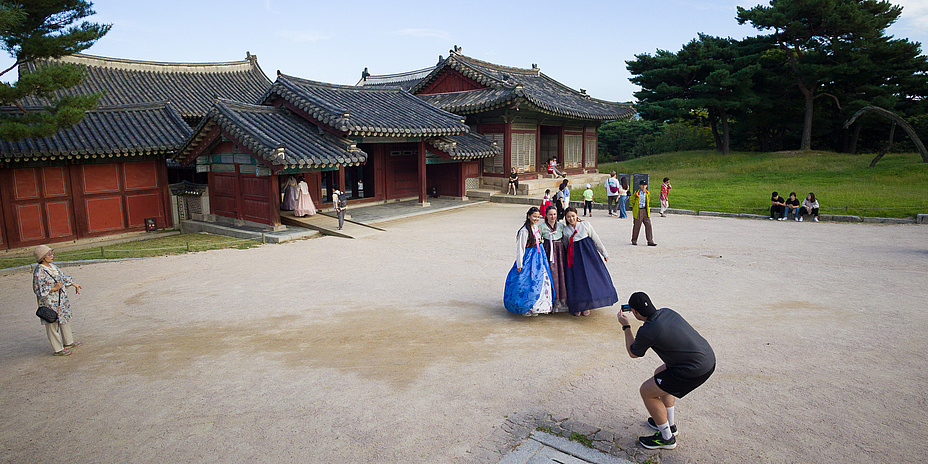
5. Not speaking the language is not a big problem, but it is very useful
It goes without saying that speaking the local language is extremely advantageous. It's much easier to get into conversation with the locals and find your way around. However, no one should be put off spending a semester abroad in a country even if they don't speak the language. I myself attended a Korean course and memorised the most important phrases, but it was impossible to have even a simple conversation. Nevertheless, I always found a way to communicate, be it with the help of translation apps, English or body language.
Speaking the local language well is not necessary to do a semester abroad! I have already written the blog post "You don't speak Korean? No problem!".
My tip would be to get to grips with the basics of the language and learn the most important words and phrases. A greeting in the local language is appreciated and undoubtedly makes the first contact easier.
A few universities, for example in Spain, Italy and France, do require knowledge of the local language for an exchange at their university. In some cases, students there must already be able to demonstrate knowledge of the national language at level A2/B1. You can find out whether special language skills are required in TU4U in the application requirements for the respective study places.
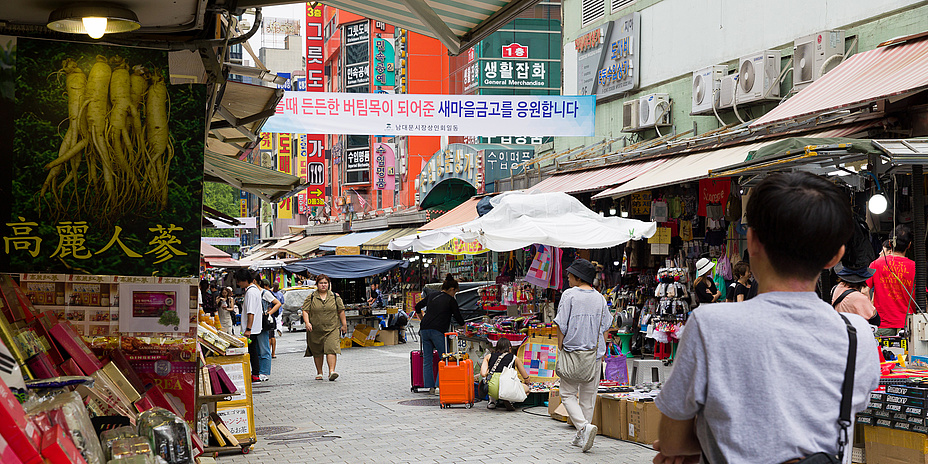
6. Do not take too many classes
Studying plays a big part in a semester abroad, of course, but I personally don't think you have to take it to extremes. So much happens: you get to know new friends, immerse yourself in a foreign culture, you want to get to know the country and much more! That's why I would recommend doing a few fewer courses to have more leeway for everything else. For the Erasmus, OverSEAs and ISEP mobility programs, there is a minimum amount of coursework that you have to complete anyway (3 ECTS per month). This is the lower limit that you absolutely have to fulfil in order to receive the scholarship. However, I would recommend aiming for a few more ECTS to have a safety margin in case you don't pass a course for whatever reason.
It also makes sense to check the dates of the courses, avoid overlaps and plan smartly. Unfortunately, I couldn't do one of my courses because there was an overlap with another subject. The course times were not yet available at the time of my selection. So, it's not a bad idea to have a few alternatives available. However, I didn't have any courses on Fridays, so every weekend was an extended weekend - perfect for trips lasting several days!
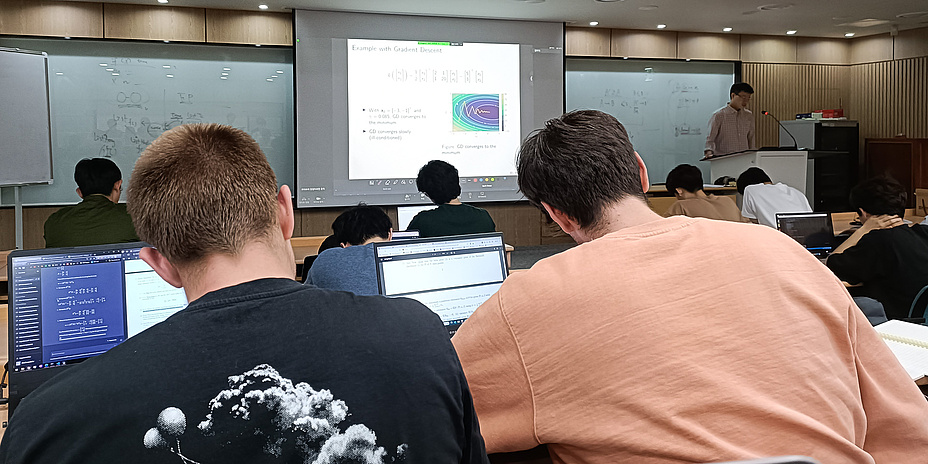
7. Early planning saves money and nerves
Anyone who books flights frequently may already know that it is usually significantly more expensive to book a flight at short notice compared to weeks or months before the departure date. So from a financial point of view, it's smart to get a ticket for the plane or train as early as possible.
In line with the motto "stay grounded but keep connected", TU Graz would like to motivate students to avoid flights wherever possible and to give preference to sustainable means of travel such as train or bus. Erasmus+ students receive a top-up of 50 euros from TU Graz as well as a higher distance band support as part of the Erasmus+ scholarship if they travel sustainably. For destinations overseas, traveling by plane is often unavoidable, but many destinations during the exchange semester can often also be reached by train or bus - which can also be a more relaxed way to get to know the host country. You can find more information on this on the TU4U intranet on the "Erasmus+ Green Mobility" page.
However, organizing accommodation is probably even more important. Not only can it be expensive, but it can also be really stressful if you take too long to find accommodation! The host university usually informs all exchange students about the accommodation options at the university shortly after their place has been confirmed. There are either student residences available directly on campus or nearby, or the university sends out information on the usual flat-sharing and housing portals. In this case, you should be quick, as there may only be limited resources available or, if you are looking for accommodation, the best places in shared flats may be booked out quickly.
If you already know that you have to take care of the accommodation yourself, you should think about it in good time and then do it quickly!

8. Avoid financial surprises
Spending a semester abroad is generally more expensive than a normal semester. If you have no idea how much money we are talking about, you should read the experience reports in the intranet TU4U. Everyone who comes back from abroad gives an estimate of the costs. These figures are very valuable for orientation! With the help of these guideline values, you can use your own lifestyle to work out roughly what costs you will incur.
The continuous text of the experience reports often mentions costs that were not previously on your radar. For South Korea, for example, it is compulsory to take out Korean health insurance (approximately 50 euros per month), regardless of whether you already have international health insurance or not. If you are well informed, you can avoid being surprised by such costs.
Most mobility programs also include a scholarship, which helps to cover part of the increased living costs abroad. Students can find information on this directly in the TU4U intranet under the relevant mobility programmes: https://tu4u.tugraz.at/en/students/study-abroad/mobility-programmes-and-funding-opportunities

9. Expenses are extremely dependent on your lifestyle
In tip number 8, I mentioned that the experience reports of other outgoings can be a good guide to your own costs. However, it is important to understand that they are just that - a guide, a reference value, and nothing more!
The costs you actually incur depend fundamentally on your own lifestyle and vary greatly! Someone who likes to eat out abroad or go on lots of trips and excursions will need a lot more money than more budget-conscious students. So it's best to consider your own lifestyle and also compare different experiences of outgoing students who have studied at the same university. An average value from several students is also more meaningful than a single guideline value.
10. Additional funding for your stay abroad
I know some exchange students who in addition to the regular mobility grant of TU Graz have received additional funding for their stay abroad from various sources. This was the case, for example, if they were already receiving a study grant and were therefore also entitled to a grant for studying abroad, or if they had also applied for a company scholarship when they first applied for a place at university. This meant that they didn't have to pay much out of their personal budget and they were more financially flexible and could spend more money on travel, souvenirs and other things. If I were to spend another semester abroad, I would therefore find out very well whether there are any other opportunities for TU Graz students to get additional funding for a stay abroad.
If you receive the study grant, you can also receive a grant for studying abroad in addition to the regular funding. You can obtain further information on this directly from the relevant scholarship authority on the page "Studying abroad".
11. Know your visa and travel options
The visa guidelines are very different, especially for non-European countries, and they can have a significant impact on travel planning if you want to take the opportunity to stay there for a while before or after your semester abroad. In my case, for example, I was not allowed to stay in Korea before the start of the semester. My plan to get to know the country for a few days before the start of my studies was not possible. In South Korea, you could only add a few weeks at the end of the semester. A few of my friends also used this to travel.
So my tip is to take a close look at the visa guidelines and find out when the semester starts. If in doubt, ask early enough before you book your journey!
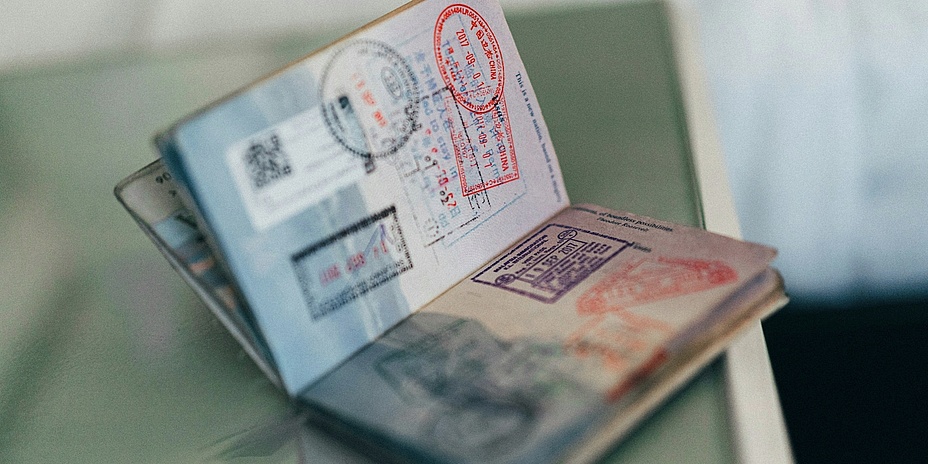
12. Plan your travel time and travel money
Over 90 percent of all exchange students I met in South Korea did not return home immediately after the semester, but travelled to other countries for some time afterwards. Some of them didn't originally plan to do so, but the ideas often only came up during the semester. Groups of friends often formed and then travelled together. I myself travelled for a month before the exchange semester and would have liked to come along afterwards if the travel budget hadn't been used up.
So, my tip would be to plan some money and time for the time after the exchange - you won't regret it!
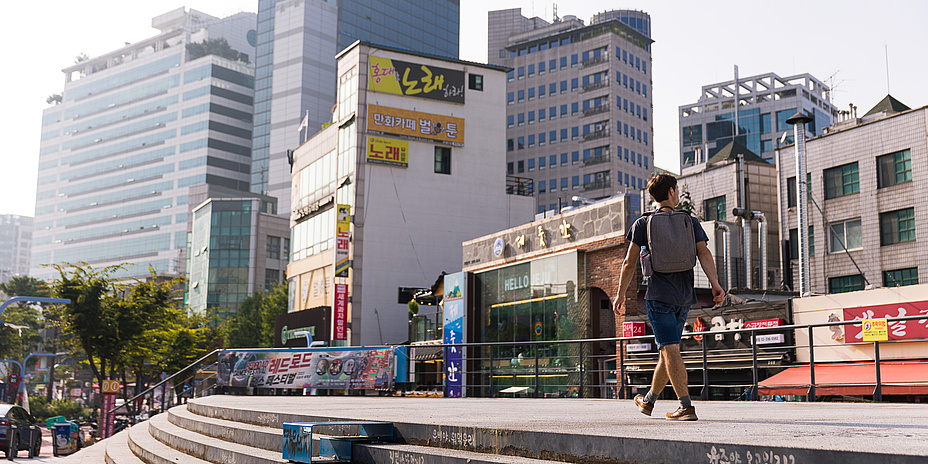
13. Prepare your mindset for the new culture, the new life
Living in another country is a completely new and unique experience! No matter how much you prepare for it, you will feel strange and perhaps a little uncomfortable in unfamiliar surroundings at first. That's completely normal! After all, we humans spend most of our lives in the same few places these days. A big change like this is therefore always an unusual experience.
But because this feeling of the unknown can also be scary, in my experience you should prepare yourself mentally so as not to be surprised. My tip would be to be aware of the following:
Many things in everyday life will be completely different to what you are used to at home. If you accept this and openly embrace the change, you don't need to be afraid or worried, because you will have got used to the new environment in a short time (in my experience in approximately two to three weeks).
It's not just at the beginning of an exchange semester or year that you can suffer from culture shock, it can also occur after you return home. Read the blog post "Returning from a study visit abroad" by Exchange Coordinator Lena Neureiter to find out how this can manifest itself and how it can be avoided through good preparation.
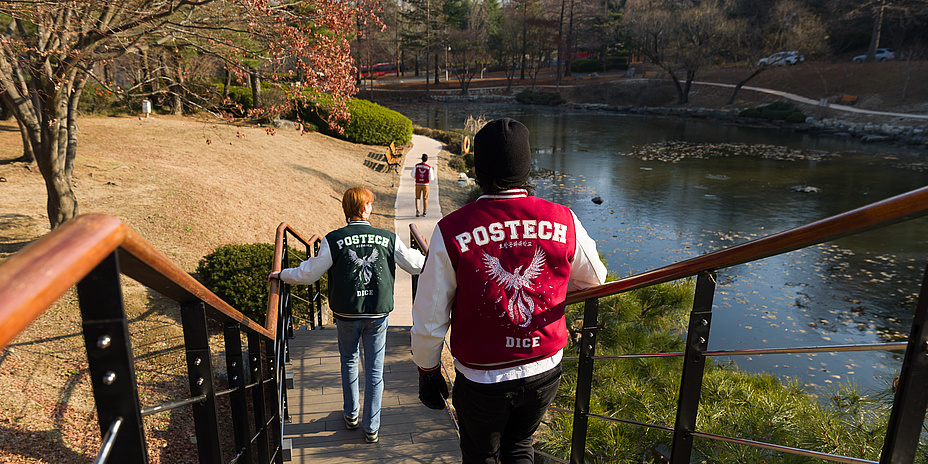
14. How unique the time abroad is!
I hope you are already a little aware of what an extraordinary time a semester or year abroad is! For me, it was by far the coolest semester of my university career and I'm happy for everyone who still has this time ahead of them! Enjoy this time, you will remember it for the rest of your life!
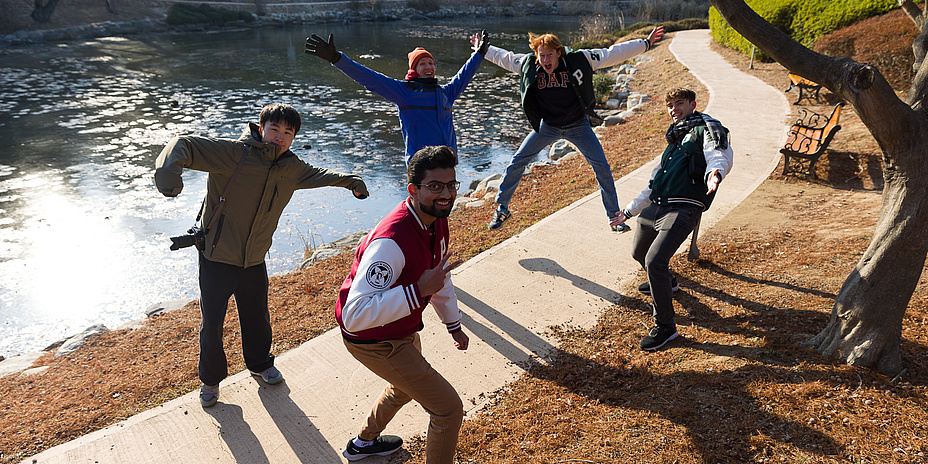
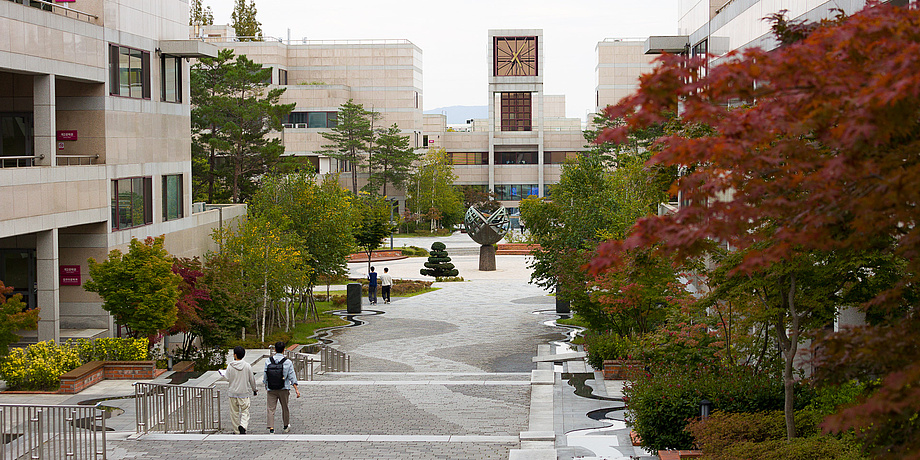

![[Translate to Englisch:]](https://www.tugraz.at/fileadmin/_processed_/6/d/csm_Skyline_by_Lukas_Gaertner_4ebfb80e18.png)
![[Translate to Englisch:]](https://www.tugraz.at/fileadmin/_processed_/b/a/csm_baju_melayu_by_Peter_Fuerlinger_bec25f974f.png)
